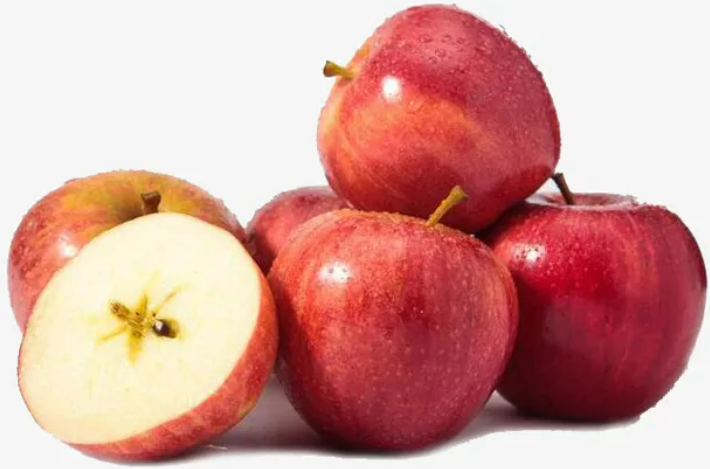The growing market for NZ-grown organically produced apples
A New Zealand apple grower says organic production has become a strong, growing market in recent years, with rewarding advantages - but it is not without its challenges.
"Our sprays are often weather-based, rather than calendar sprays," she said. "Craig needs to keep a close eye on the weather and fungal spore forecasts and plan the sprays around that. We have to manage proactively - focusing on varieties that grow well in an organic system, prune accordingly, look after the soil so it can provide the trees with the nutrients they need, graze with sheep to reduce fungal litter, and for soil health."

This year has been a challenging season, producing a smaller volume than predicted, but a good quality crop. Mrs Dowling says there are some blocks that have poor pollination, and blocks that had poor thinning last season, due to labour issues with COVID-19, have shown signs of going biennial bearing.
"Last year we packed around 90,000 cartons and this year, we have reduced our managed area, releasing one leased block, and have thinned our trees harder for larger apple sizes," she said. "We will expect to pack around 50,000 cartons this year, with better targeting of markets and size profiles. Our harvest has also gone really well, despite the heavy rain that the East Coast endured over much of March. Our volumes have also been down on predicted due to a bit of pest damage, and russet - the humid weather over Spring meant slow drying times and some sprays have left russet on particular varieties. All in all, though - the fruit in the bin is fantastic, and we are really proud of it."
Bayleaf Organics produces several varieties; Aztec Fuji, Galaxy Gala, Cripps Pink (Lady in Red), Granny Smith, and then some smaller blocks of new varieties. Our season begins mid-Feb with Gala, then is spread relatively nicely through to Cripps Pink which is picked into mid-May.
"We are looking at getting into more of the newer specialised varieties, so we can command a higher price," Mrs Dowling said.
- We have practically run out of broadleaf herbicides for garlic cultivation
- Egypt: Record onion exports in the last six months
- Our fruit drying concept offers added value to growers and traders
- Larger US lemon crop this season
- Peruvian pineapple still has great potential to increase its exports
- Pagoda held a Newton apple tasting in Guangzhou
 Telephone :+86-15562397099
Telephone :+86-15562397099










